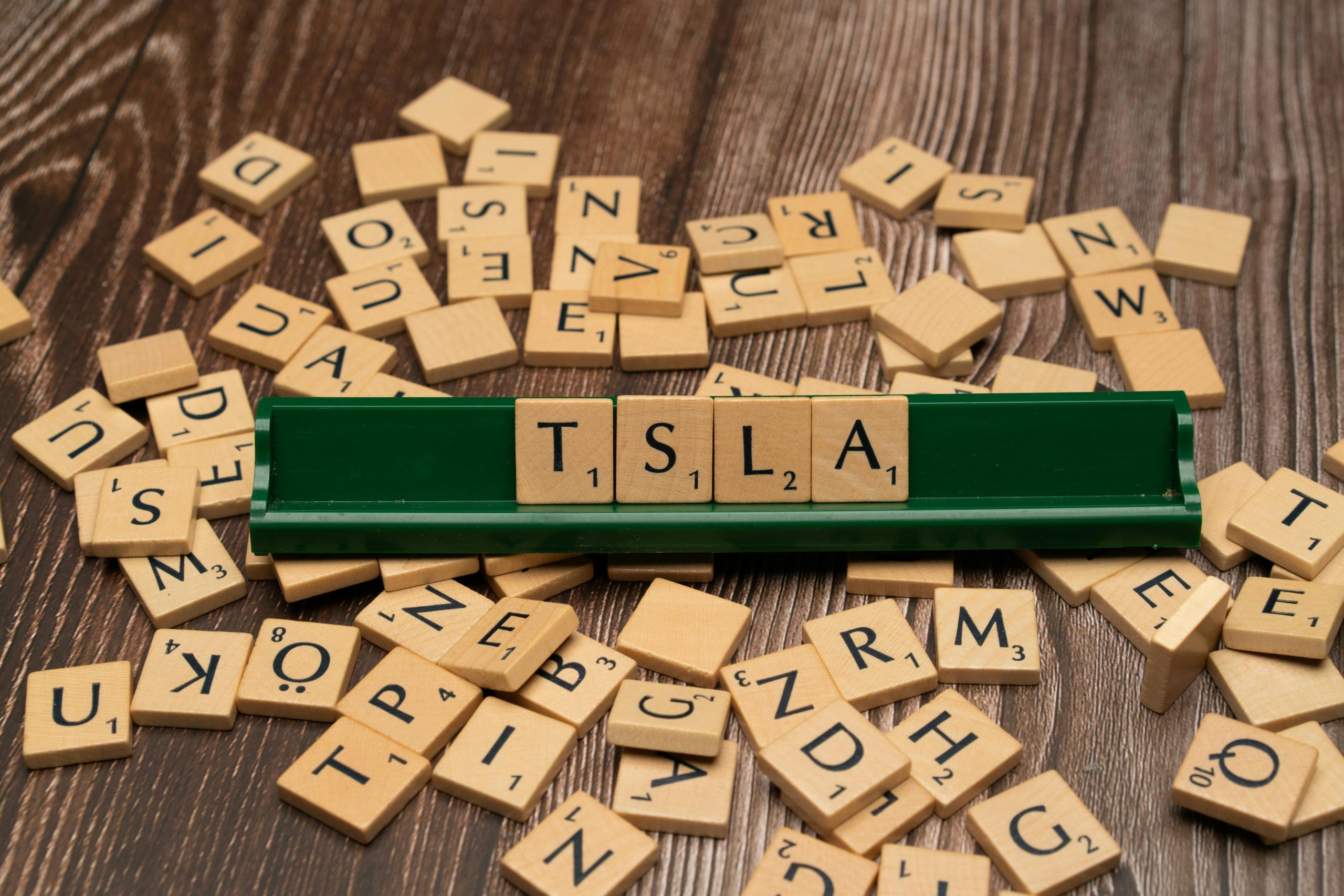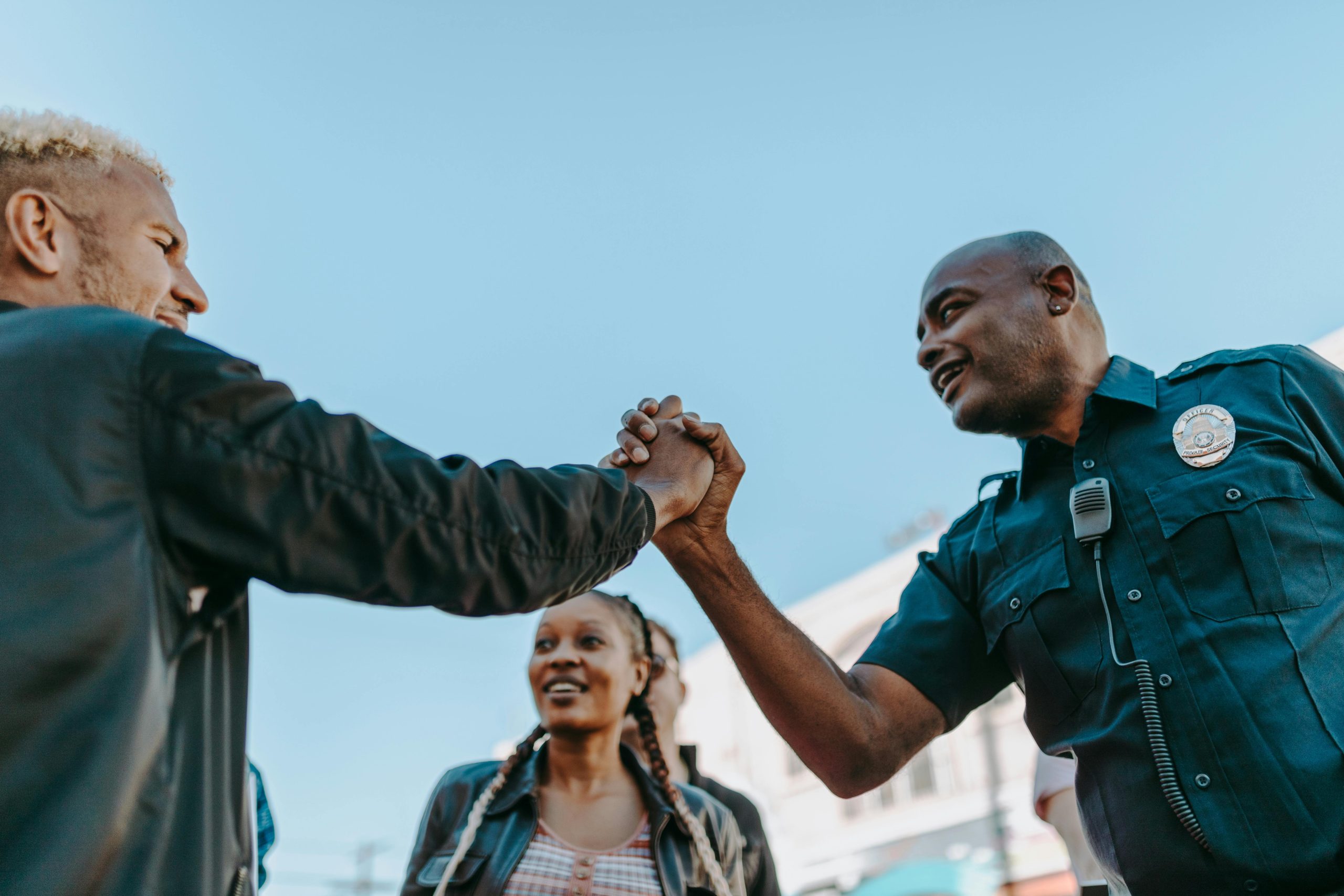The Pervasive Influence of WorldStarHipHop: A Cultural Reflection or a Controlled Narrative?
The rise of WorldStarHipHop (WSHH) has become a topic of thought-provoking discussion, with many pondering whether its existence serves a purpose beyond merely providing a platform for hip-hop music and trending videos. As one delves deeper into its substantial impact on digital culture, it becomes increasingly apparent that WSHH may have functioned as more than just an entertainment outlet.
At the height of its popularity, WorldStarHipHop was notorious for its extensive collection of altercations, street fights, and sensational clips that seemed to perpetuate negative stereotypes prevalent in various communities. While the platform did showcase music content, it often felt overshadowed by videos emphasizing chaos, aggression, and conflict—elements that foster a distorted representation of the culture it claims to celebrate.
Rather than serving as a pure reflection of the vibrant hip-hop scene, there are those who argue that WSHH potentially promoted a skewed perception, contributing to a narrative that glorified violence and trauma. The troubling question arises: who stands to gain from such portrayals? By curating this style of content, does it encourage broader societal divisions and contribute to a cycle of dehumanization, all masquerading as mere entertainment?
Even if WorldStarHipHop was not explicitly operated by a covert agency or influenced by governmental interests, the sheer nature of its content raises an eyebrow. The patterns observed can feel reminiscent of psychological exploitation—diverting attention from pressing issues by presenting a steady stream of inflammatory material.
As consumers of digital media, it’s essential for us to critically evaluate the content we engage with and its broader implications. Have others noticed the effects of this type of media on our culture? Are we complicit in allowing such narratives to shape perceptions? It’s time to reflect on the role WorldStarHipHop plays—not just as a source of entertainment, but as a potential influencer of societal beliefs and misconceptions.
What are your thoughts? Have you considered the implications of platforms like WSHH within the larger context of media and culture?



